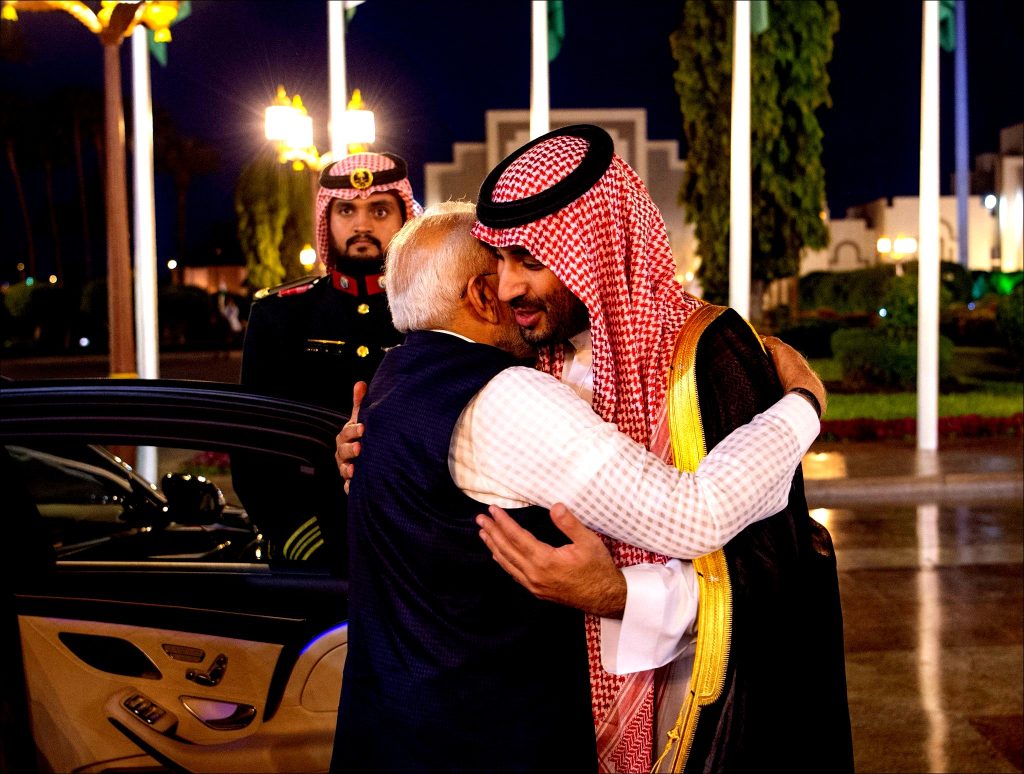Celebrating Contributions of Indian Expatriates in Saudi Arabia
Zeenat Mussarat Jafri, who came to Saudi Arabia in 1976 as a young bride, recently shared her thoughts on returning to India. Dressed in a pink abaya, she held up the Pravasi Bharatiya Samman, an award given to her by the former President of India, Pranab Mukherjee, in 2017. Now in her late 70s, Jafri has dedicated her life to education for Indian expatriates’ children.
When she first arrived in Saudi Arabia, Jafri found a very different landscape from her home in India. She had enjoyed freedom and independence in her college days but faced several restrictions as a woman in her new country. Determined to make a difference, she noticed a lack of Indian schools despite the many educational options available for other nationalities. This gap drove her to take action.
In 1982, with permission granted by the Indian government, she launched the International Indian School in Riyadh with just 20 students. Today, the school has grown to have around 1,200 students and is known for its quality education and affiliation with the Central Board of Secondary Education (CBSE).
Jafri reflected on the remarkable changes in Saudi society over the past five decades, noting that Riyadh’s relationship with India has also strengthened. “I’m proud to have contributed to this growth,” she said.
Another expatriate, Talib Ur Rehman, came to Saudi Arabia in 1983 and built a successful career, eventually opening his own company. Rehman expressed pride in maintaining his Indian identity while also integrating into Saudi life. His children, who are now citizens, benefit from the opportunities available in the kingdom.
Talin Tarin, an engineer, shared his experience moving to Saudi Arabia in the 1980s. Initially unprepared for the harsh climate, he quickly adapted and established his own company. He noted that while societal rules were strict back then, significant progress has been made, especially for women.
Indian families now reside in residential areas in major cities like Riyadh and Jeddah. Schools run by the Indian Embassy provide educational support, although the community continues to seek more resources for higher education, particularly in specialized fields.
The Indian community in Saudi Arabia—approximately 2.75 million strong—plays a crucial role in the economy across various sectors. Educational institutions have flourished, with numerous Indian schools following the CBSE curriculum. Teachers, especially women, are increasingly becoming part of the workforce as Saudi society evolves.
As Jafri, Rehman, and Tarin reflect on their journeys, it’s clear that the contributions of the Indian diaspora have enriched both their lives and the host country, forging a strong connection between Saudi Arabia and India.


